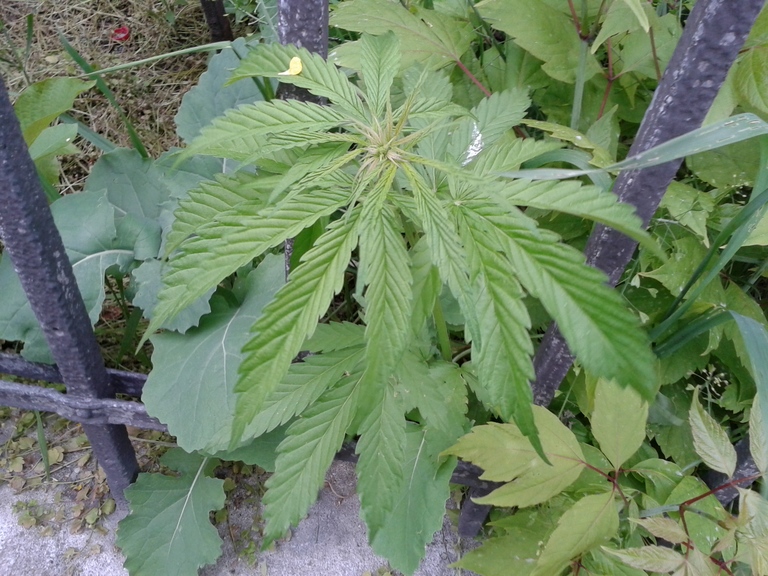An article by Sven Lehmann and Dieter Janecek, 13.08.2014
One image sure to shape our memories of the football World Cup in Brazil for years to come is the “fan mile” at Berlin’s Brandenburg Gate and its veritable sea of black, red and gold – swimming not just in the colours of the German national team, but also in alcohol. A ‘match’ made in heaven? Goals are celebrated with alcohol, while the omnipresent advertising at major sporting events celebrates it. Following the victory by Joachim Löw’s side over Brazil’s Seleção, a video was circulated on social media showing a delicate cocktail glass with the Brazilian flag being smashed by a sturdy, beer-filled stein featuring Germany’s national colours. Taking an entirely humour-free look at this, it suggests we feel comfortable being represented by a narcotic as a kind of national symbol. Of course, national symbols are open to debate. But it is significant: Beer. Not an eagle, not national dress, not a cuckoo clock, but beer. This, despite the fact that alcohol has an almost unparalleled potential to cause damage to individuals and society as a whole. In Munich, we celebrate unrestricted consumption of alcohol not only every four years, but each and every year on a grand scale. In the Rhineland, Koelsch and Alt beers are as much a part of Karneval season as the Dreigestirn and red noses. The more steins and glasses sold, the greater a success Oktoberfest, Karneval or Fasching is heralded. Previous years‘ figures are regularly surpassed. However, it is not our intention to demonise alcohol and preach complete teetotalism – each individual should have the freedom to make informed, independent decisions, while being fully aware of the risks and effects of consuming stimulants that cause no harm to others. But how free are we to consume, really? [read more]
